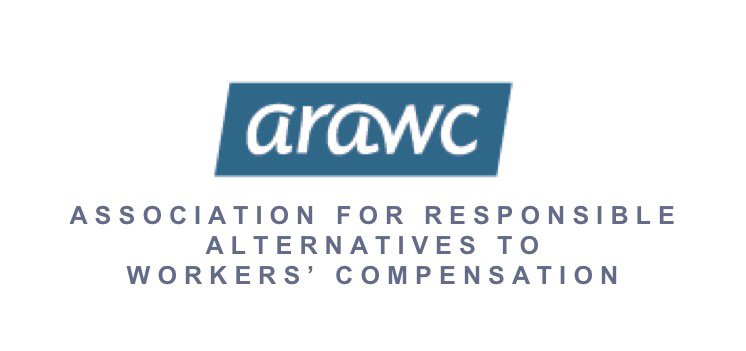Alternatives to Traditional Workers’ Compensation
At the 2015 IAIABC Annual Convention, Bill Minick from PartnerSource and Blake Stock from Combined Insurance Services, Inc presented a discussion on the options to traditional workers’ compensation that is being proposed in some states. ARAWC, the Association for Responsible Alternatives to Workers’ Compensation , is a national organization formed to advocate for a system that will deliver better medical outcomes to injured workers and give employers a choice in how they will manage occupational injury benefits.
They highlighted some of the potential positive impacts of an option to workers’ compensation which included:
Positive Impact in Workers
- More communication and understanding.
- Faster recovery from injury due to quicker accident reporting and expedited medical care.
- Safer workplace due to negligence liability exposure.
- Better benefits for injured workers including the potential to eliminate the cap on wages replaced and replacing a higher percentage of the workers’ wages.
- Enhanced process which includes same claim and appeal process as group health plan, access to both occupational and non-occupational physicians, fewer benefit disputes, and less litigation.
Positive Impact on Employers
- Choice rather than a mandate.
- More free-market competition.
Positive Impact on Workers’ Compensation System
- Reforms will be implemented faster.
- Risk pool improves, supporting rate reduction for all employers.
There are currently three option models:
Texas – No benefit mandate coupled with unlimited negligence liability. Employers in Texas are not required to secure workers’ compensation coverage, but those that do not face unlimited civil liability exposure.
Tennessee – The proposed bill couples mandatory benefits with limits lower than the workers’ compensation system with limited negligence liability.
Oklahoma and South Carolina – The law in Oklahoma and proposed bill in South Carolina requires the option to meet or exceed the benefits under the workers’ compensation system. The exclusive remedy protections provided under workers’ compensation are preserved.



